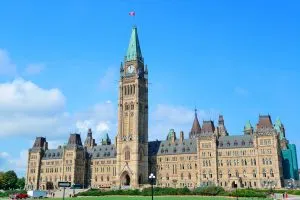Indigenous housing advocates are expressing concern over the 2025-26 federal budget, which they say lacks clarity on support for urban, rural, and northern Indigenous communities. Nearly 80 percent of Indigenous people in Canada live outside traditional territories, yet the mechanisms for distributing urgent housing funds remain uncertain.
The Aboriginal Housing Management Association notes that eleven projects in British Columbia, totaling 764 units, are shovel-ready and waiting for federal funding to move forward. These projects are designed to be culturally safe and high-return investments, capable of addressing the urgent housing crisis quickly.
Advocates caution that a distinctions-based funding approach, which restricts resources to First Nations, Métis, or Inuit governments, risks excluding many urban Indigenous residents who have been displaced or colonially dispossessed. Indigenous youth are particularly vulnerable, facing high rates of homelessness after leaving foster care and a shortage of long-term, culturally safe housing options.
AHMA urges the federal government to prioritize funding for urban Indigenous housing providers and youth-focused projects, emphasizing that community-driven solutions can deliver results faster and more efficiently. Equitable, timely investment is critical to ensuring that the most vulnerable have access to safe and stable homes.
Funding that supports co-op housing, transitional housing, and culturally safe programs is needed to make lasting change and address homelessness among Indigenous communities in Canada.









Comments